Parise, Insight2Uni Mentor
"Mentoring is my way to enjoy the opportunity for celebration of blackness for both me and my mentee."
Parise, Insight2Uni Mentor
Why I chose to be a mentor?
I studied BSc Early Years and Childhood Studies and MSc Psychology at Manchester Metropolitan University and am now completing a PhD in Education at the University of Manchester. I have worked with children and young people in nurseries, a specialist support high school, further education and a youth centre. This range of experience has encouraged me to embrace learning as a lifelong process and I feel that as adults placed in positions of responsibility and authority, our role is to help young people figure out what their needs are and to advocate for them.
What drew me to mentoring with With Insight Education was their emphasis on supporting black heritage pupils during their transition from further to higher education. During my entire time at high school, I don’t think I ever felt like I could speak to a teacher about being Black or aspects of Black culture that are a big part of my identity. Mentoring is my way to try to be the type of person that I needed when I was younger, and to enjoy the opportunity for the celebration of Blackness for both the mentee and myself.
I also think it is important to be able to be transparent and authentic in conversations. I want to support a young person to feel more prepared to attend higher education than I did and sometimes that requires honesty. For example, does the University have an African Caribbean, Islamic, International, or Hip Hop society? If not, what kind of message does that send?
Lastly, I am particularly passionate about improving the representation and recognition of Black people across the ‘hard’ and ‘soft’ sciences and, in my case more specifically, across psychological professions.
What mentoring has taught me?
I often reflect on how rarely we actively seek advice from someone who might be considered younger or less experienced than us. Yet, my mentee’s sharing has been hugely beneficial to me. Mentoring has allowed me to understand how things are similar and different for young people in education today. Of course, I have been a ‘young person’ before, but I have not experienced being a young person during a global pandemic, or during Brexit, or during austerity measures.
As such, I have adopted a more ‘reverse mentoring’ style of collaboration during my mentoring sessions by being as open as possible to learning from my mentee. Through mentoring, I have learned to be patient; we are still living and learning through a pandemic whilst balancing personal commitments.
However, the main takeaway for me is how impressed I am by my mentee and their constant efforts to increase their opportunities to be successful in their university applications by engaging in research, employment, and community activities.
What tips would I share with future mentors?
This process has reminded me to take more time to listen to younger generations and to think about what I can do to help them push for and create positive change in their lives. I will end with a few tips for people at any stage of their learning or career, who are thinking about mentoring someone:
Be willing to learn from your mentee and the mentoring process.
Be transparent and honest when possible and appropriate.
Be hopeful for your mentee and their future.

